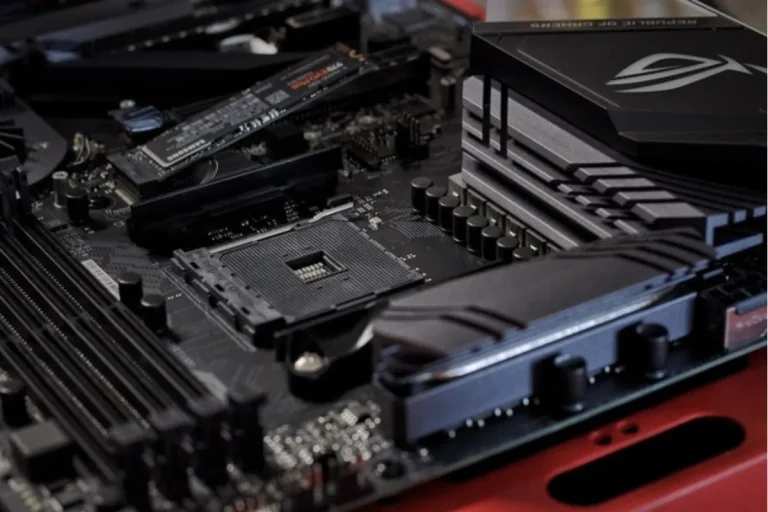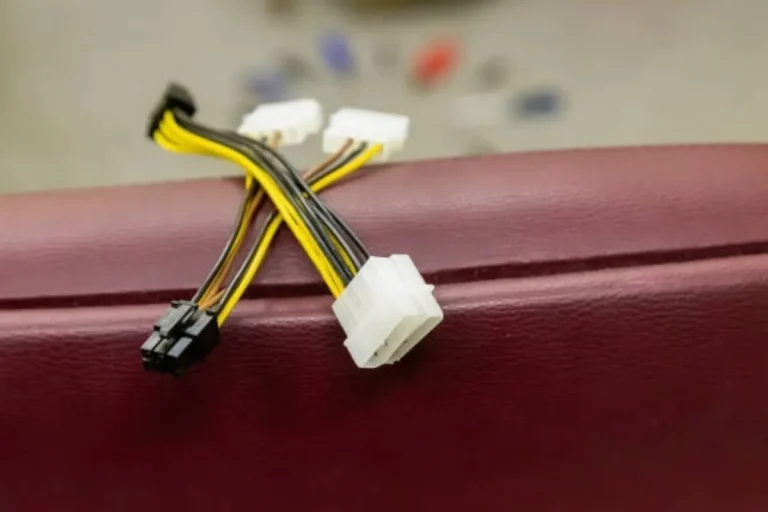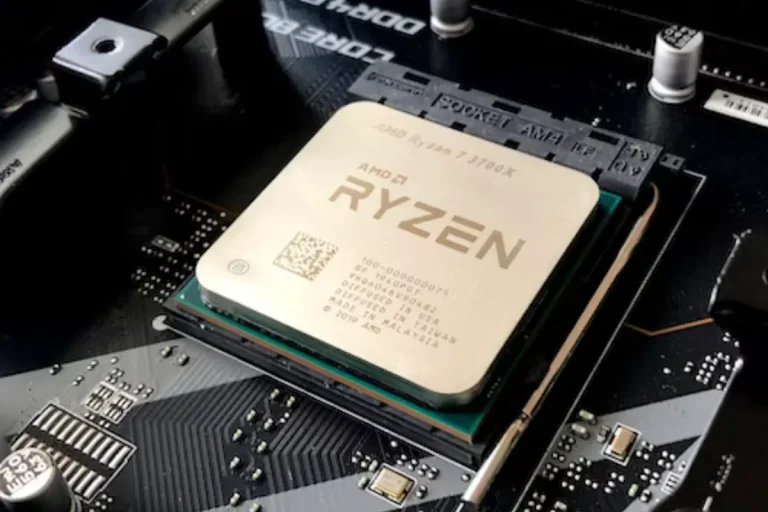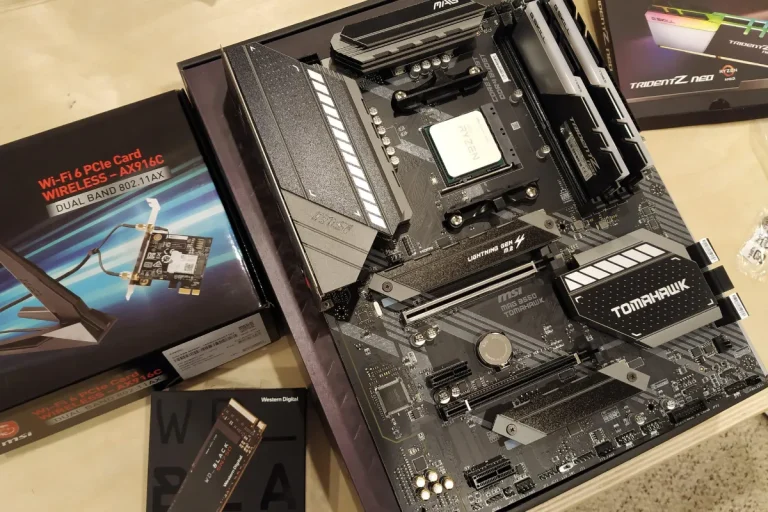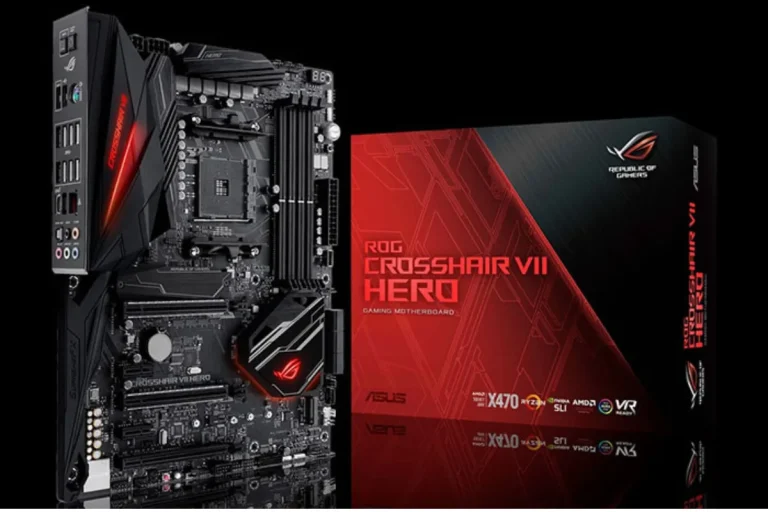What is the lifetime of a PC motherboard?
Are you curious about how long your PC motherboard will last? Wondering if it’s time to replace it? Well, you’ve come to the right place, In this article, we’ll dive into the fascinating world of PC motherboards and explore their lifespan. Get ready to uncover the secrets behind this essential component of your computer system.
Factors Affecting the Lifetime of a PC Motherboard
When it comes to the lifespan of a PC motherboard, several factors come into play. Understanding these factors can help you make informed decisions about your computer system. Let’s delve into the key elements that influence the longevity of a motherboard.
Quality of Materials, Manufacturing Processes
The quality of materials used in manufacturing a motherboard plays a crucial role in determining its lifespan. Motherboards crafted with high-quality components tend to be more durable and reliable. Additionally, the manufacturing processes employed by reputable brands can greatly impact the overall quality and longevity of the motherboard.
Impact of Overclocking, Power Surges
Overclocking, the practice of running the motherboard and its components at higher speeds than the manufacturer’s specifications, can put additional strain on the motherboard. While this may boost performance, it can also reduce the lifespan of the motherboard.
Power surges, caused by electrical fluctuations or lightning strikes, can cause irreparable damage to a motherboard if not protected by surge protectors. It is crucial to safeguard your PC against these unpredictable events to extend the lifespan of your motherboard.
Environmental conditions also play a significant role. Excessive heat, dust, and humidity can impact the motherboard’s performance and longevity. Adequate cooling, regular cleaning, and maintaining an optimal environment for your PC can help prolong the lifespan of your motherboard.
Average Lifespan of a PC Motherboard
Curious about how long your PC motherboard is expected to last? Let’s dive into the average lifespan of motherboards and explore the factors that can influence it.
Presenting Statistical Data and Research Findings
Statistical data and research findings provide valuable insights into the typical lifespan of motherboards. Studies indicate that the average lifespan of a motherboard ranges between 3 to 5 years. However, it’s important to note that this can vary based on various factors.
Variation in Lifespan Based on Usage Scenarios
The lifespan of a motherboard can be influenced by different usage scenarios and maintenance practices. A motherboard used for casual tasks like web browsing and word processing may last longer compared to one used for intense gaming or resource-intensive tasks.
Maintenance practices also play a vital role. Regularly cleaning the motherboard, ensuring proper airflow and cooling, and avoiding excessive dust accumulation can significantly extend its lifespan. Additionally, practicing safe computing habits, such as using surge protectors and stable power sources, can help safeguard the motherboard from electrical damage.
It’s essential to keep in mind that these are general trends, and individual experiences may vary. Some motherboards may last well beyond the average lifespan, while others may fail prematurely due to various factors.
Signs of a Failing Motherboard
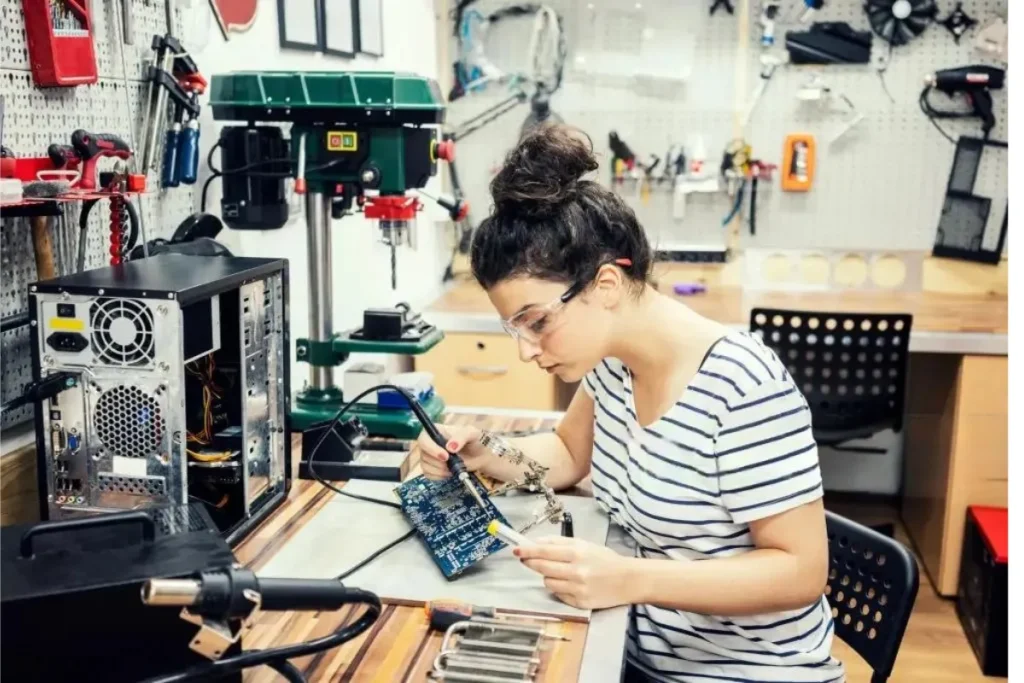
Is your computer acting up lately? It could be a sign of a failing motherboard. In this section, we’ll explore common symptoms that indicate a failing motherboard and discuss the importance of diagnosing these issues promptly.
List of Common Symptoms Indicating a Failing Motherboard
There are several telltale signs that your motherboard might be on the verge of failure. Here are some of the most common symptoms to watch out for:
- Random crashes and freezes: If your computer freezes or crashes frequently, it could be a sign of a failing motherboard.
- Blue screen of death (BSOD): When your computer encounters a critical error and displays a blue screen, it could indicate motherboard issues.
- Unresponsive USB ports: If your USB ports stop working or become unresponsive, it might be a sign of a failing motherboard.
- Strange beeping noises: Unusual beeping sounds coming from your computer can be an indication of motherboard problems.
- Failure to power on; If your computer fails to power on or experiences intermittent power issues, the motherboard could be the culprit.
- Failure to detect hardware: If your computer is unable to detect certain hardware components, such as the hard drive or graphics card, it could be due to a failing motherboard.
The Importance of Diagnosing Motherboard Issues Promptly
Diagnosing motherboard issues promptly is crucial for several reasons. Firstly, identifying the problem early can prevent further damage to other components of your computer. Secondly, it allows you to take appropriate action, such as seeking professional help or replacing the motherboard if necessary, before the situation worsens.
Additionally, diagnosing motherboard issues promptly can save you time and money. The earlier you address the problem, the faster you can get your computer back up and running smoothly. Ignoring the signs of a failing motherboard can lead to more significant problems and potentially result in data loss or the need for a complete system overhaul.
If you notice any of the mentioned symptoms, it’s advisable to seek assistance from a qualified technician or computer repair professional. They can accurately diagnose the issue and recommend the best course of action to ensure the longevity and performance of your computer system.
Frequently Asked Questions
1. What are some scenarios where replacing a motherboard is recommended?
Replacing a motherboard is recommended in situations where it is physically damaged, experiencing frequent failures, or incompatible with newer hardware components.
2. How can I tell if my motherboard needs to be replaced?
Look for signs such as consistent and unresolvable hardware issues, inability to upgrade to newer CPUs or RAM, or encountering compatibility problems with essential components.
3. Is it cost-effective to replace a motherboard or buy a new computer altogether?
The cost-effectiveness of replacing a motherboard depends on factors like the age of your computer, the availability of compatible components, and your budget. In some cases, buying a new computer may be a more practical option.
4. Can replacing a motherboard improve overall system performance?
Yes, replacing a motherboard can improve system performance if the old motherboard was outdated or limiting in terms of features, compatibility, or expandability. A newer motherboard with better specifications can enhance overall performance.
5. Should I replace the motherboard myself or seek professional help?
Unless you have experience and knowledge in computer hardware, it’s generally recommended to seek professional help for motherboard replacements.
Conclusion
the lifetime of a PC motherboard depends on various factors such as usage, maintenance, and technological advancements. While there’s no fixed lifespan, following proper cleaning, power management, and maintenance practices can significantly extend its longevity. Remember, a well-cared-for motherboard can keep your computer running smoothly for years to come.
